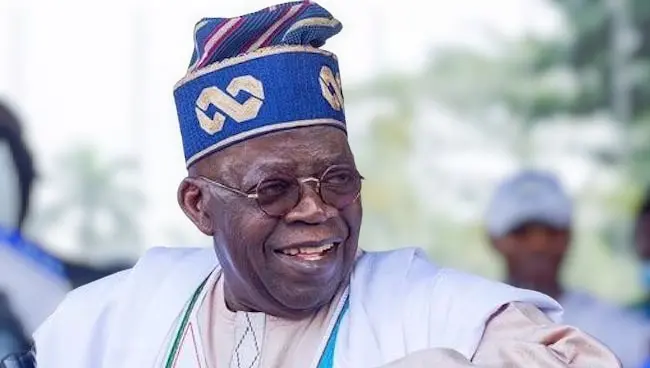President Bola Tinubu took office on May 29, 2023, and has since hit the ground running, delivering on his campaign promises. Here are some of the key initiatives and policies he has implemented in his first 100 days.
Removal of fuel subsidy: Tinubu ended the petroleum subsidy regime, which had been in place for many years. This decision was unpopular with some Nigerians, but Tinubu argued that it was necessary to save the country from going under.
Forex unification: Tinubu also ended the preferential exchange rate system, which had been used to favor certain businesses and individuals. This move was aimed at creating a more level playing field for everyone.
Establishment of a presidential committee on fiscal policy and tax reforms: Tinubu set up a committee to review the country’s fiscal policy and tax laws. This is aimed at making the tax system more efficient and equitable.
Declaration of a state of emergency on food security: Tinubu declared a state of emergency on food security, pledging to ensure that staple foods are available and affordable.
Signing of an electricity bill: Tinubu signed a bill into law that is aimed at improving the country’s electricity supply.
READ ALSO: Osun Community absolves Army of Land Grabbing, Blames Neighbors
Recall of all career and non-career ambassadors: Tinubu recalled all of Nigeria’s ambassadors, both career and non-career, to reorganize the foreign service.
Disbursement of post-subsidy palliatives to states: Tinubu approved the disbursement of palliatives to states to ease the hardship faced by Nigerians caused by the removal of fuel subsidies.
Assenting to a bill unifying judicial officers’ retirement age to 70: Tinubu assented to a bill that unified the retirement age for judicial officers at 70.
Re-jigging of the NDDC board: Tinubu re-jigged the board of the Niger Delta Development Commission (NDDC) to make it more effective.
Suspension of the EFCC chairman and CBN governor: Tinubu suspended the chairman of the Economic and Financial Crimes Commission (EFCC) and the governor of the Central Bank of Nigeria (CBN) to investigate allegations of corruption against them.
Increase in external reserves and stock market growth: External reserves grew from $35.1 billion to $33.5 billion, and the stock market grew by 29%. Inflation rates also increased from 22.4% to 24.1%.
Role as ECOWAS chairman: Tinubu has also asserted himself on the political scene on the global stage. He became the chairman of the Economic Community of West African States (ECOWAS) on July 9 and has played a leading role in resolving the Niger coup crisis.
These are just some of the key initiatives and policies that President Tinubu has implemented in his first 100 days in office. It is still too early to say what the long-term impact of these policies will be, but they represent a clear break from the past and a commitment to change.
READ ALSO: Breaking News: Fire Incident Reported at Lagos Airport.
READ ALSO: Wike Seeks to Retrieve N34bn Debt from FCTA, Forms Cabinet
SOURCE: Taiwo Ajayi



